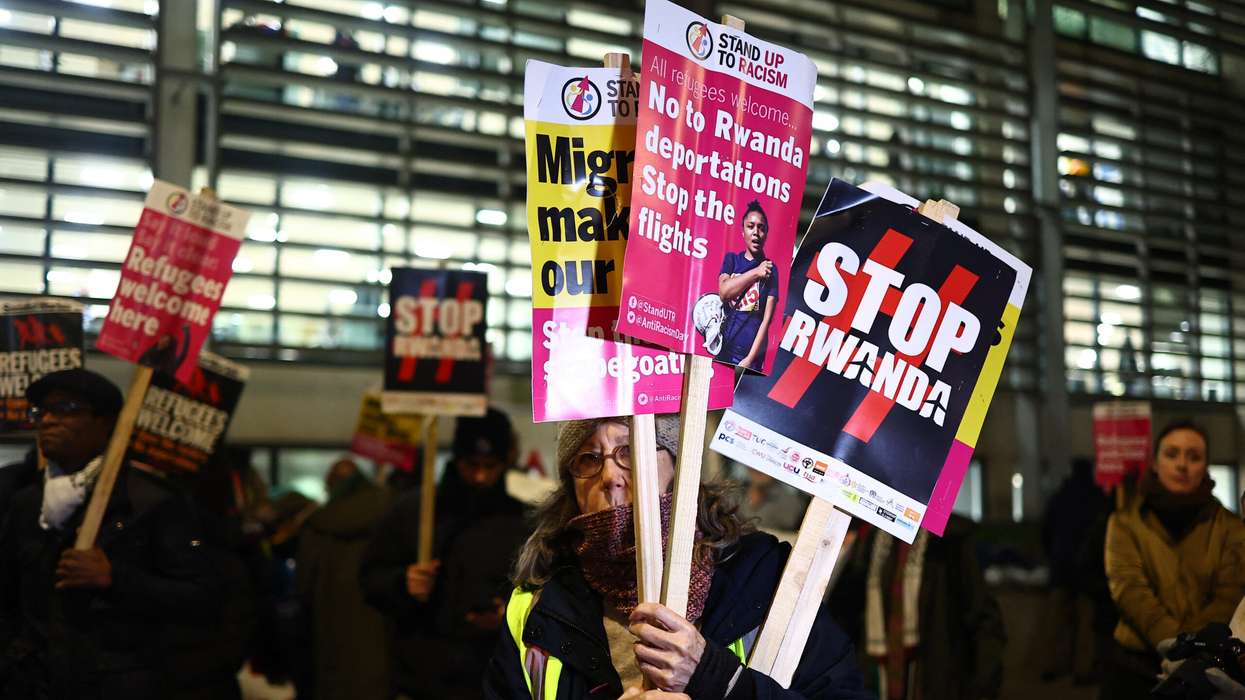THE UK’s economy rebounded 4.8 per cent in the second quarter as government eased Covid restrictions and most businesses emerged from lockdown.
Data from the Office for National Statistics (ONS) showed that the expansion in gross domestic product (GDP) was fuelled by retail, restaurants and hotels.
It was also supported by consumer spending, while the government continued to provide massive financial support.
However, the rebound faces challenges as a jobs protection programme is set to end in September and global supply chain problems persist.
GDP had fallen 1.6 per cent in the first three months of the year, the ONS added in a statement.
"Today's figures show that our economy is on the mend showing strong signs of recovery," chancellor Rishi Sunak said.
Meanwhile, total UK output remained 4.4 per cent lower compared with the pre-pandemic level.
The data also showed that economy grew 1.0 per cent in June, before England lifted nearly all lockdown restrictions from July.
Markets are closely looking at both growth and inflation data as nations emerge from lockdowns following vaccine rollouts.
Analysts have warned against a bumpy journey ahead for the UK economy, as the government next month ends its furlough scheme that kept millions of Britons in work during the pandemic.
"Growth bounced back over the second quarter as restrictions on activity were gradually lifted, underscoring that tackling the pandemic goes hand-in-hand with supporting economic growth," noted Confederation of British Industry (CBI) economist Alpesh Paleja.
"Yet challenges to the recovery are emerging. Several supply bottlenecks have likely taken the edge off growth over the summer: a shortage of raw materials and semiconductors, continuing global supply chain disruption and staffing shortages."
The country’s economic rebound comes amid its fast-paced vaccination programme that administered at least one dose to nearly 89 per cent of adults, while close to two-thirds are now fully jabbed.



